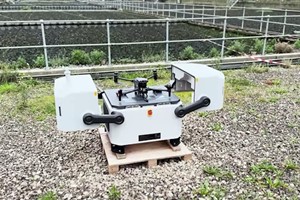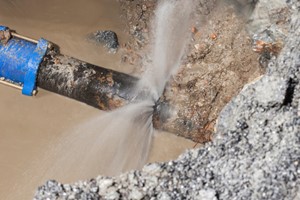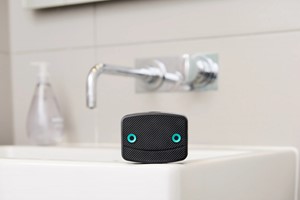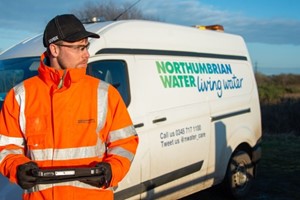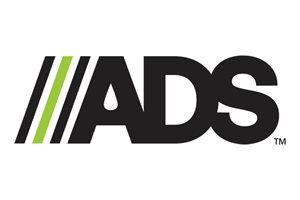Severn Trent, a water and sewerage company based in the United Kingdom, has successfully trialed an innovative drone technology that could revolutionize the detection of water leakages. Known as "Drones in a Box," this system relies on remotely controlled unmanned aerial vehicles (UAVs) equipped with thermal imaging capabilities. These drones can identify leaks from miles away by detecting temperature changes in the land below.
The company has long utilized thermal-imaging drones to detect leaking pipes and conduct surveys of reservoirs and treatment facilities. This approach has proven effective in reducing the need for costly scaffolding and manpower. However, current legislation limits drones to being flown only within the line of sight, approximately a thousand feet from the operator. This restriction has constrained their potential to address water leakages more efficiently.
Severn Trent envisions significant improvements if these regulatory barriers are eased. The "Drones in a Box" concept involves housing UAVs within docking stations, enabling operators to deploy them to distant locations rapidly. Duncan Turner, the company’s lead drone pilot, emphasized the transformative potential of the technology, stating, “What Drones in Box would give us is the capability to rapidly respond to issues or problems from many miles away. This could include helping spot potential leaks with our thermal drones, which is particularly useful in rural areas, plus conducting remote surveys of our sites when needed.”
Jonny Bevan, another drone pilot at Severn Trent, highlighted the efficiency gains, noting that identifying a leak along a rural pipeline of 6 km (3.7 miles) could take hours instead of days using these drones. The ability to respond quickly to major incidents, such as bursts, is another advantage. The drones can relay photos and videos to the company’s headquarters in Coventry, allowing expert teams to make swift logistical decisions.
This trial marks a step toward Severn Trent’s ambitious targets of reducing water leakages by 15% by 2025 and halving the water lost through its pipeline network by 2045. The company believes that widespread deployment of this technology could significantly contribute to mitigating the water crisis by minimizing wastage.
The use of drones has been expanding across various industries globally, with governments and organizations exploring ways to harness UAVs for increased efficiency and resource optimization. Severn Trent’s trial, conducted in Nottinghamshire in 2024, underscores the growing versatility and potential of drone technology in addressing critical infrastructure challenges.
By Abhishek Bhardwaj




